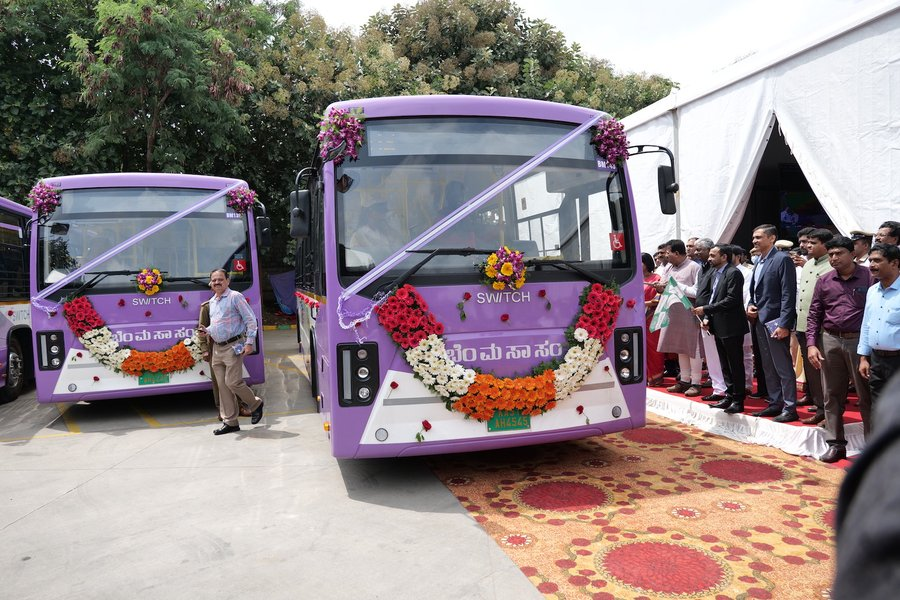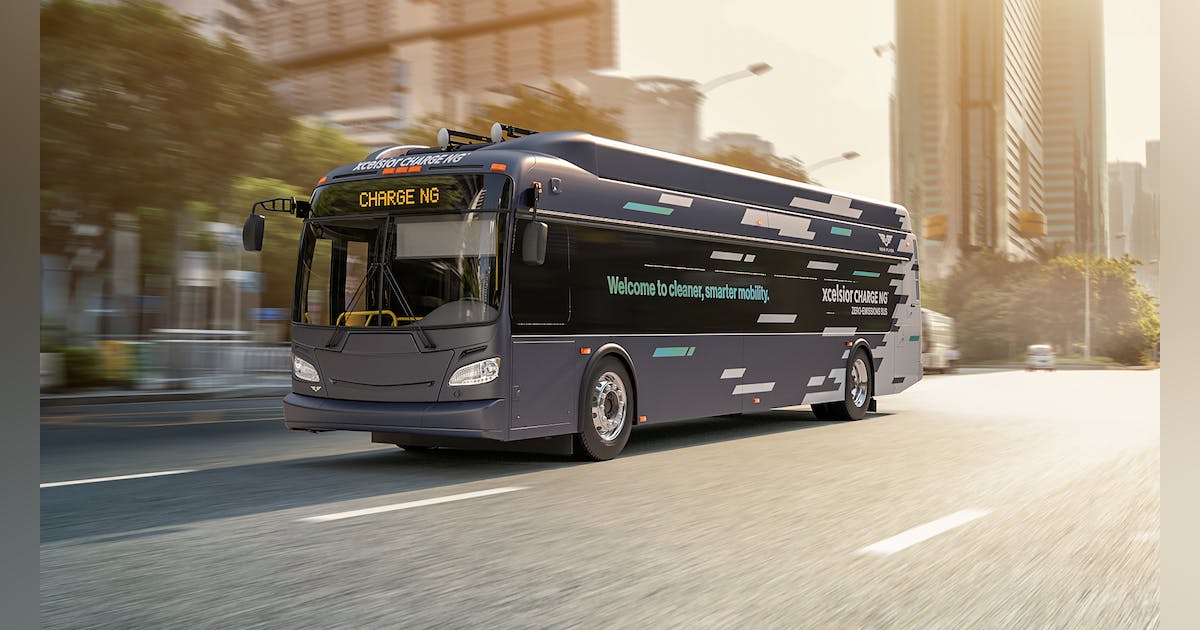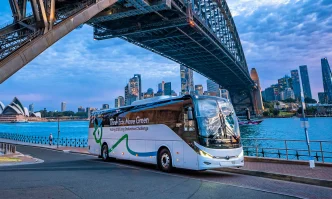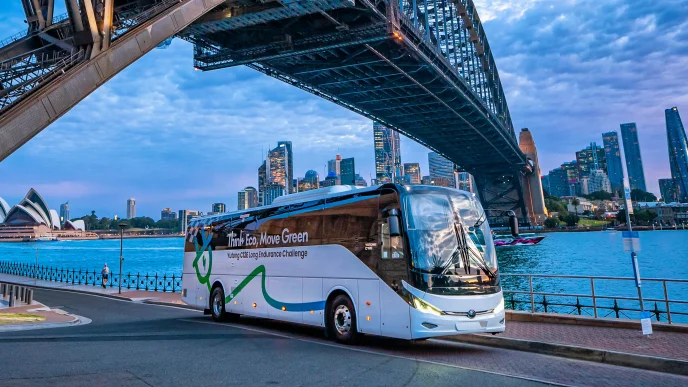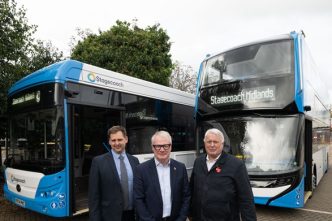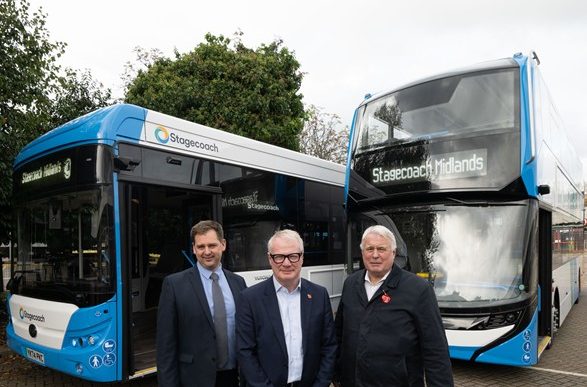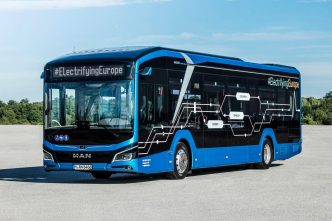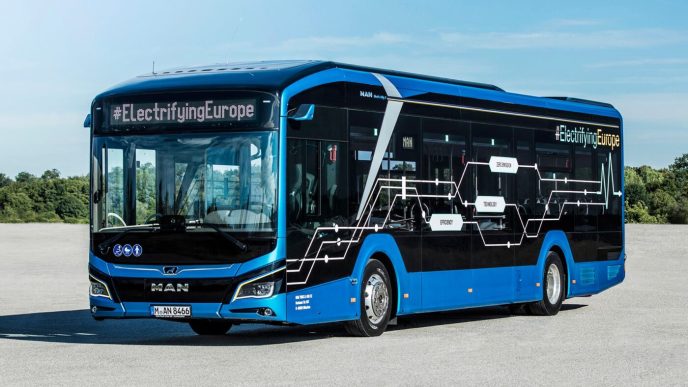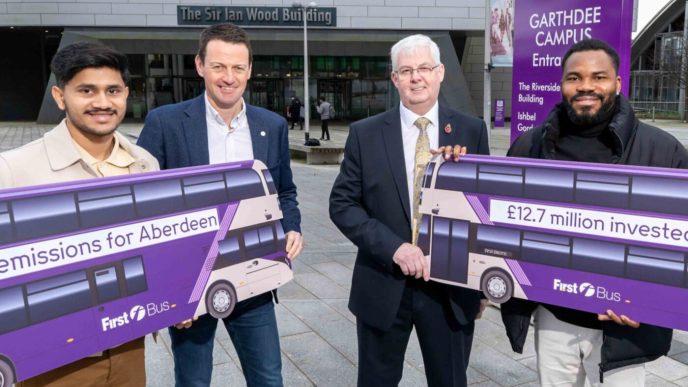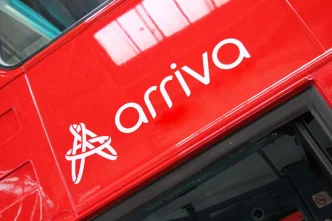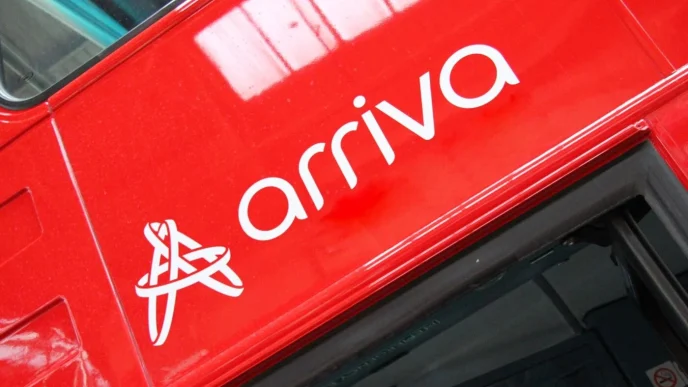India is set to introduce 100,000 electric buses as part of its ambitious five-year plan aimed at transforming public transport in major cities. The initiative, named the Bharat Urban Megabus Mission, is scheduled to launch in 2025 and targets deployment in cities with populations exceeding 1 million by March 2030.
According to a report from The Economic Times, this mission aligns with the government’s objective to encourage public transport usage over private vehicles, helping to mitigate pollution and congestion in urban areas. The government aims for public transport to account for 60% of all motorized trips by 2030, increasing to 80% by 2036, while promoting non-motorized trips, such as cycling and walking, to make up at least 50% of urban trips by 2030.
The Bharat Urban Megabus Mission is expected to involve an investment of approximately 1.75 lakh crore Indian rupees (around €19.24 billion). Out of this, 80,000 crore Indian rupees (approximately €8.8 billion) will be allocated for viability gap funding for electric bus operations over the next five years, while 45,000 crore Indian rupees (about €5 billion) will support necessary infrastructure, including bus stops, terminals, and depots. The plan also includes funding for over 5,000 kilometers of walkways and cycling paths.
A senior official from the Ministry of Housing & Urban Affairs emphasized that the mission aims to make public transport the preferred mode of transportation while making walking and cycling attractive options for all. The initiative also seeks to combat air pollution and enhance public health. Additionally, the government is considering reducing the Goods and Services Tax on bicycles costing ₹10,000 (approximately €110) or less from 12% to 5%.
In related developments, India’s Ministry of Heavy Industries recently launched the PM E-Drive scheme on October 1 to promote electric buses and other electric vehicles. This scheme will provide state transport undertakings and public transport agencies with a subsidy of ₹4,391 crore (approximately €483 million) to procure 14,028 electric buses by March 2026, with a uniform subsidy of ₹10,000 (approximately €110) per kWh for models priced under ₹2 crore (approximately €220,000).

